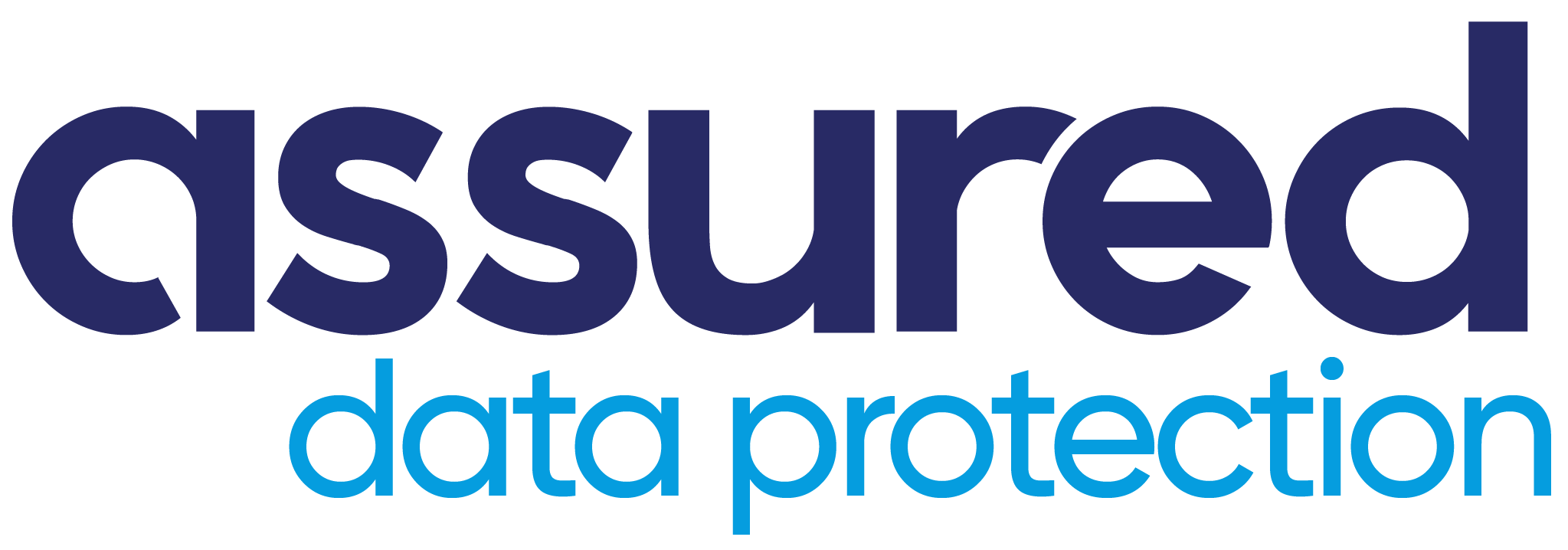It’s every IT department’s worst nightmare - all the servers go down in your building, and you don’t know how long it will take to recover the data, or even if you can.
The pressure from management to get back up and running is overwhelming. Rather than getting on with the task at hand, you’re bombarded with questions and demands for updates: how soon will we be back online? Will all the data be fully recovered? What do we tell our customers?
If this is one of the scenarios that keeps you awake at night, then it might be time to consider a new approach to how you backup your data.
1. You have multiple systems for data backup
There are two main problems with having multiple resources for data backup: it’s labour intensive, and it’s dangerous. If one cog gets stuck, the whole machine could break down, compromising all of your data.
If your current setup resembles a Frankenstein's monster of data, with a mixture of hardware, backup tapes and software, then it might be time to look for a more holistic solution.
2. You spend hours each day manually backing up data
Do you feel like a headless chicken, constantly going between systems, checking that backups have worked or re-running them? Do you spend time looking for tapes or manually loading them to restore data? Having an automated system for this could save you hours of manpower.
3. Your budget is stretched - so you haven’t invested in backup solutions
If you’re on a tight budget, you might feel like you have no choice but to ‘make-do-and-mend.’ But this could cost the business far more in the long-run. Even if your company’s insurance policy would let you throw money at the problem, what irreparable damage would occur in the event of a data breach?
And what would happen if your data was lost altogether? A blank cheque won’t bring it back. Having a reliable system in place is the best insurance policy money can buy. And reliable doesn’t have to mean unaffordable. There are solutions to suit all budgets.
4. There is room for human error because your backups aren't automated
When humans are involved, errors are inevitable. If your processes require manual input, then things can get forgotten or missed. For example, if your systems are reliant on individual people routinely completing a process, what happens when they go on leave, or move on to another company?
And even if you do everything right, things can still go wrong for the customer because everything takes longer when you backup manually.
5. You want to stay ahead of the competition - but you worry that your DR and backup systems might leave you lagging behind
If you want to be perceived as a cutting-edge industry leader, then you’ll need recovery systems that align with that image. You know that you’re the best at what you do. But if you also know that your competitors have got better, faster, more up-to-date systems than you, then it’s time for you to follow suit - or lose your competitive advantage.
6. You work in a data-heavy sector - so a breach could spell disaster
Let’s face it - in the digital age, all industries are data-reliant, and a breach would be bad for any business. But this is even more evident when you work in an industry where data protection and privacy is especially important - such as the medical or financial sectors.
How can your customers trust you with their data if you don’t know how long it would take to recover in the event of an outage - or even if you’ll recover at all? Knowing you have reliable systems in place will give your customers confidence.
7. You often have to deal with frustrated staff who want files restored faster
Do you often have staff coming to you expecting a file to be restored instantly while they wait? They don’t understand that you’ll need to locate where the data was backed up to, which takes time - your time! Imagine how much easier your life could be if you could get data restored in minutes, not hours?
8. If a server crashed over the weekend, you’d be in big trouble
If you’re backing up on tapes which are then removed from drives and sent off site, what happens after hours? If a server crashed on Sunday night, for example, would you lose two days worth of data? This way of storing and backing up data is no longer fit-for-purpose in the modern world - especially if you’re in e-commerce. To guarantee effective business operations, you need your systems to be available 24/7.
9. You honestly don’t know what would happen if you ran a DR test
If you’ve never run a disaster recovery test, or you just don’t know how it would go if you did, this is a sure sign your current backup solution isn’t reliable. If you’re scared of ‘pushing the DR button’, then don’t put off finding an alternative any longer.
10. The thought of a major system outage terrifies you
Are you confident that, in the event of a major system outage, you would be able to recover your company’s critical systems and continue trading? Or if disaster struck and you lost the building, would your data actually physically exist anywhere? If the idea of a major outage worries you, then it’s definitely time to look for an alternative.
Backup and Disaster Recovery solutions - the good news
Do any of the scenarios above sound familiar? IT management is an incredibly tough job. You’re constantly up against the clock and under pressure to deliver results - fast. So if you don’t have the systems in place to support you, it can be very stressful.
The good news is that it’s no longer the accepted norm for data recovery to fail, or to recover less than 100% of your data. There are reliable solutions out there - and they don’t have to cost the earth.
To find out more about the data protection solutions that are right for your business, simply click below.




